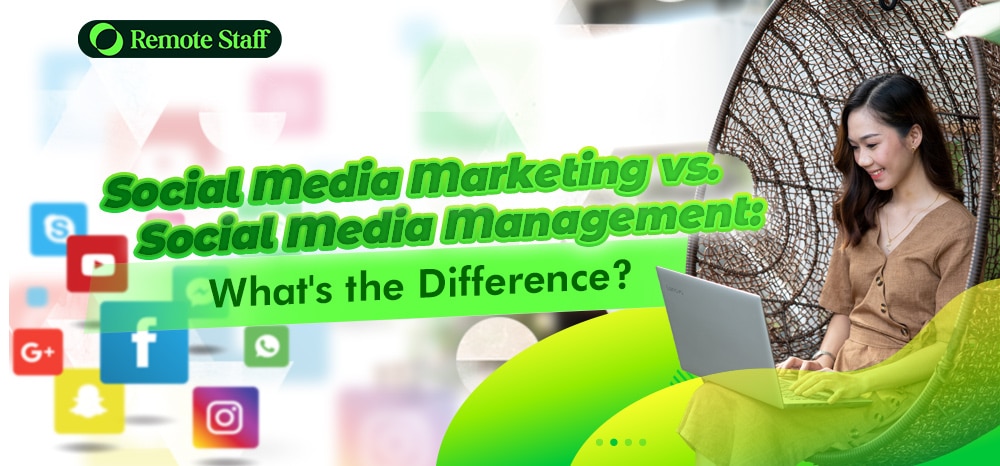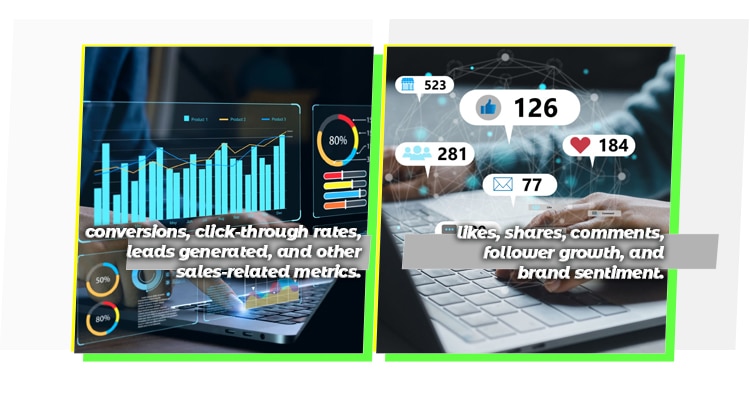Are you planning to start a remote working career? A lot of online jobs are now accessible to Filipinos, even beginners.
By just taking remote working courses from reliable websites, you can build a thriving career from the comforts of your home (or while traveling the world)!
So if you’re on the hunt for a marketable skill, managing social media is in demand today.
However, clients often mix up two aspects of it: social media management and social media marketing.
Often used interchangeably, both are strategies for bringing more sales into the company. They can even be implemented simultaneously on the same social media page.
Yet, they are still two distinct concepts that need to be managed differently.
So if you’re confused, here are the differences between social media marketing and social media management.
Objective: Sales vs Engagement
The first difference lies in the objective.
Social media management aims to engage a current audience or existing followers. It includes creating and scheduling content, replying to comments, monitoring analytics, and building a brand’s online presence.
On the other hand, social media marketing focuses on promoting products or services to increase sales, drive website traffic, or generate leads.
Execution Time Frame
For most businesses, the end goal of a social media page is to drive more sales.
Both social media marketing and management can achieve that goal. The difference between the two is the timeframe of the execution.
Social media marketing is often executed within specific campaign periods. For example, a shop may use it to boost seasonal sales with a Christmas campaign.
Conversely, social media management efforts are continuous and require consistent posting to build the brand’s presence.
Examples include sharing daily blogs that the target audience will find helpful – without prompting them to buy a product or service.
It can build brand recognition and potentially lead to future sales.
Paid vs Organic Posts
Another difference is paid versus organic posts.
Most social media marketing strategies involve paid advertising like sponsored posts, paid promotions, and targeted ad campaigns.
It allows the brand to capture customers outside their existing followers, which can lead to more sales.
On the flipside, social media management deals with organic activities, such as regular posts, polls, and engaging with comments to build a lasting relationship with their followers.
KPIs
Lastly, clients measure the KPIs for each differently.
The metrics for social media marketing campaigns are based on conversions, click-through rates, leads generated, and other sales-related metrics.
As for social media management, the metrics lie in likes, shares, comments, follower growth, and brand sentiment.
With the information above, it’s easier to distinguish between social media marketing and management when navigating a remote working career pertaining to either.
However, if you’re still looking for an online job, you can sign up with Remote Staff for the best remote working opportunities for Filipinos.
Our job listings have plenty of social media marketing and management opportunities waiting.
Register today!





